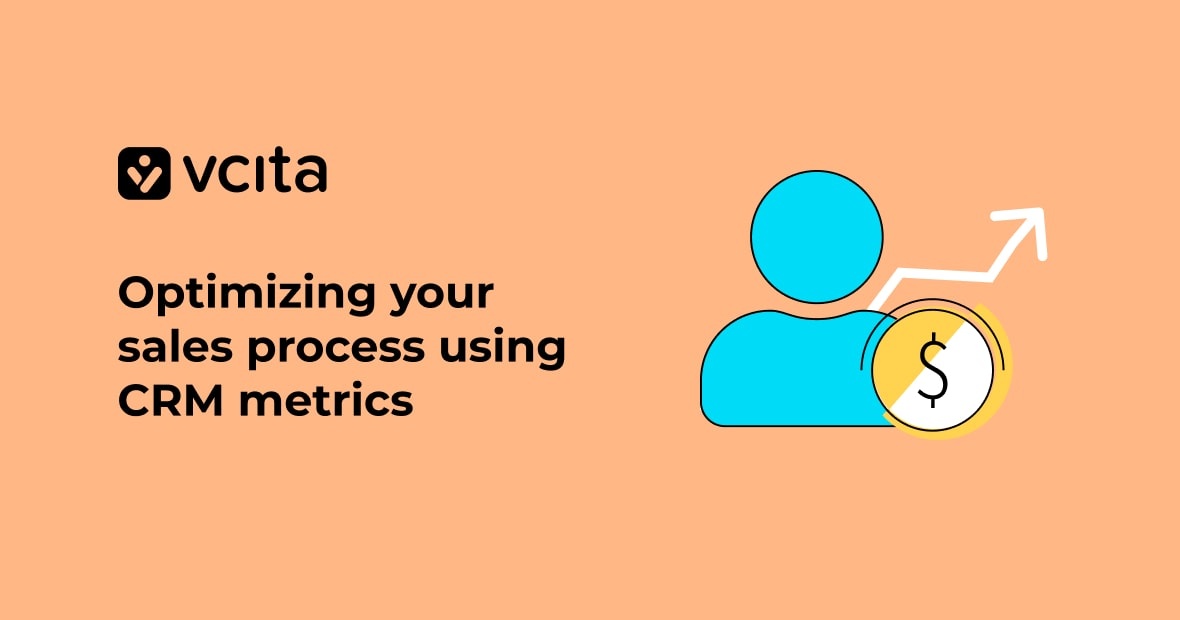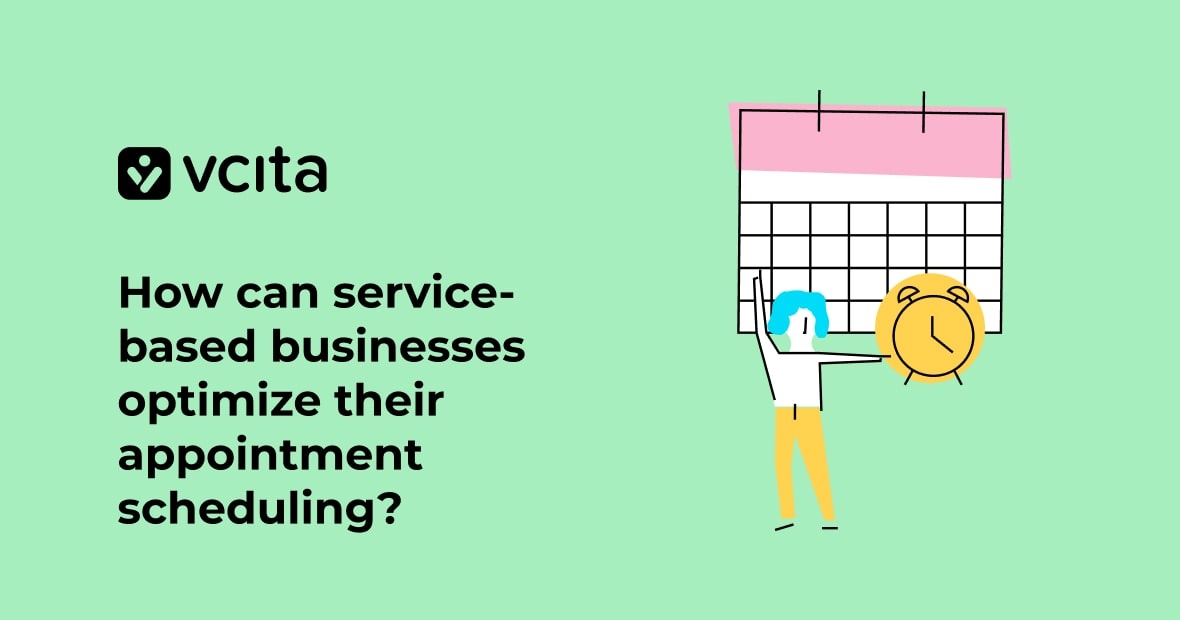Running your own freelancer business is hard work. Between email marketing, invoicing, and pipeline management, it can feel like you’re running up the down escalator just trying to keep up with all your admin tasks.
That’s where CRM software comes in. CRM systems automate repetitive tasks like contact management and sales processes, freeing you up to focus on what matters most: your clients. In this article, we’ll explore the key features freelancers need from a CRM, including client portals, lead capture, and project management tools.
The importance of a CRM for freelancers
As a freelancer, you know how important managing your clients and customer relationships is to your business. A CRM (client relationship management) system is one of the most powerful tools you can use to grow your freelance business.
A CRM helps you keep track of all your clients and contacts in one place. It gives you a centralized database to store client information, communication history, deadlines, and invoices. By having all your client information in one place, you can provide quick, personalized responses and really understand your clients’ needs. Strong relationships and great customer service lead to repeat clients and word-of-mouth referrals – the lifeblood of any freelance business.
Many CRMs offer useful features for freelancers like client portals, lead capture forms, sales pipeline management, and marketing tools. These features help you deliver amazing customer support and build better relationships with your clients.
A CRM also ensures that you’ll never miss an email, call or deadline again, and helps automate repetitive tasks like scheduling, email marketing campaigns, and invoicing, to free up your time to focus on the work you love – and your clients.
Must-have CRM features for freelancers
The right CRM software will save you time by automating repetitive tasks so you can focus on your clients. Here are some key features to look for:
- Unified dashboard for quick access to all current clients and projects.
- Custom fields and tags for adding relevant details to client information.
- Project timeline, milestones and task management.
- Email marketing and lead capture tools.
- Invoicing and billing.
- Client portals.
Choosing the right CRM system for your freelance business
As a freelancer, you know how critical effective client management and marketing tools are to running a successful freelance business. The right CRM software or CRM system can help streamline your sales process, enable email marketing, manage your sales pipeline, and provide top-notch customer support.
But with so many options, how do you choose? Here are the standout capabilities that make the difference between a standard CRM tool, and one that takes your business to the next level.
Advanced contact management
Look for a tool with robust contact management that lets you organize clients, leads, and vendors in one place. Make sure that you can organize your contacts using labels, categories, custom tags, and other metadata, so you can easily filter, search and segment your client base. Being able to track communications, deadlines, and key details in a centralized place will save you time and hassle.
Seamless invoicing and billing management
Look for a system that integrates with your accounting software and allows you to easily send professional invoices, track payments, and manage bills. You want to be able to generate professional invoices directly from deals and projects in your CRM and keep a record of all billing in one place. Some CRMs integrate with scheduling and payment software for a complete solution.
User-friendly client portal
Offer your clients a portal that they’ll actually use and value. Make sure that it supports secure file sharing and payment processing, so that clients can view project details, download files, sign off on deliverables and pay invoices in the same place that they ask you questions and check up on progress. Giving clients access to their own portal keeps everyone on the same page and is a great way to provide A+ customer support.
Holistic project and task management.
As a freelancer, you have many moving parts to keep track of. Look for a CRM that offers lightweight project and task management to help you stay on top of deadlines and workloads. You should be able to track important dates, deadlines and the progress of projects right in your CRM, and set reminders so nothing slips through the cracks.
Affordability
For small businesses and freelancers, cost is a major factor. Look for a CRM with a free or low-cost starter plan so you can try it out, then scale up as your business grows. Some CRM solutions offer discounts, special offers, or bundles that include other useful small business tools, to give you more value for money.
Native integrations
You don’t want to have to keep logging in and out of different platforms. For freelancers and solopreneurs, an all-in-one CRM that includes contact management, project management, marketing and billing features can be a lifesaver. Look for a tool built specifically for small businesses and freelancers.
Some highly-rated, affordable CRM options for freelancers include vcita CRM, HubSpot CRM, and zoho CRM. Compare plans and features to determine the best tool for managing your freelance business and keeping your clients happy.
Setting up your CRM for freelance success
Setting up a CRM may seem like an extra task, but the time savings and benefits to your business will quickly become apparent. CRM software that’s fully customized to your business needs helps you keep track of your clients and sales pipeline, automate repetitive tasks, and ultimately win more business.
Here are ways to use your new CRM solution to drive business success:
- Store client contact details, communication history, notes, and reminders in one place. This makes it simple to pick up where you left off and provide great customer support.
- See your entire sales process at a glance, from lead to close, so you can move clients through your pipeline, set reminders, and forecast future revenue.
- Send targeted emails to prospects and clients based on where they are in your pipeline, and personalize messages to build better relationships.
- Generate professional invoices, accept online payments, and schedule meetings, calls, and deadlines all within the same platform.
- Give clients direct access to review invoices, make payments, schedule calls, download files, and more. This convenience builds loyalty and saves you time.
CRM for freelancers: Frequently Asked Questions
Many freelancers have questions about how CRM software can benefit their freelance business. Here are some of the most frequently asked questions about CRM for freelancers:
How can a CRM help my freelance business?
A CRM designed for freelancers and small businesses can help in many ways:
- Save time by automating repetitive tasks like following up with clients or sending invoices.
- Improve your sales process by streamlining how you attract and engage new leads.
- Provide better customer service using a client portal and scheduling tool.
- Get paid faster by sending professional looking invoices and accepting online payments.
- Gain valuable insights into your business with reports and metrics on clients, projects, and revenue.
Do I really need a CRM as a freelancer?
If you want to scale your freelance business and serve more clients efficiently, a CRM is essential. As your business grows, managing contacts, leads, projects, billing, and communication manually becomes difficult and time-consuming. A CRM for freelancers provides an all-in-one solution to help organize your client relationships, simplify daily tasks, and enable your business to thrive.
A CRM can take your freelance business to the next level
Whether you’re a solopreneur freelancer or manage a small freelance team, the right CRM can help streamline operations, improve customer support, and grow your freelance business. With unified management tools in place, you’ll gain better control over your sales pipeline, close more deals, and keep your current clients coming back again and again. Finding a CRM that fits your needs and budget is one of the smartest investments you can make in your freelance business.




























